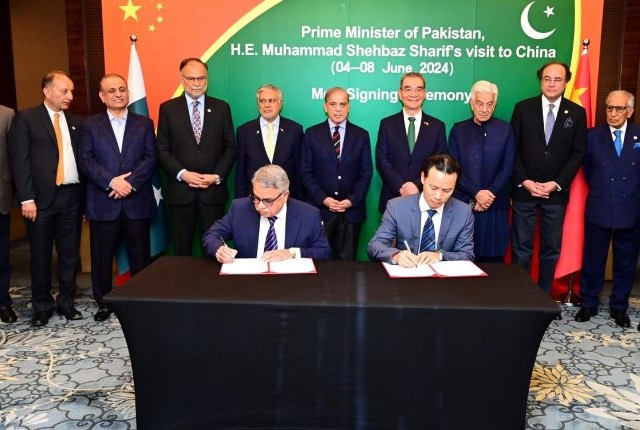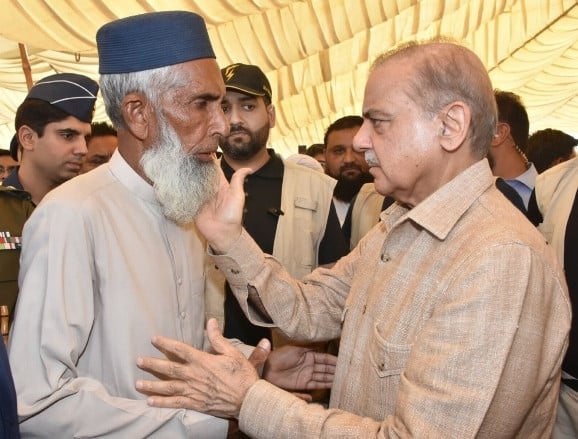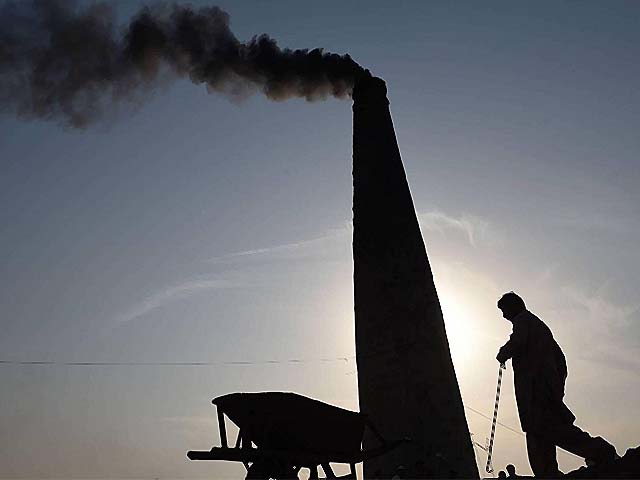Sapan urges Modi to call peace conference of Saarc nations including Pakistan – M Haris

The Southasia Peace Action Network (Sapan) has urged the third-time elected Indian Prime Minister Narendra Modi to call a meeting of heads of the South Asian Association for Regional Cooperation (Saarc) nations including Pakistan “to work out a roadmap for peace and good relations”.
In a letter to Modi, the Sapan, a conglomerate of individuals and different organisations working for peace in South Asia, lamented that India did not invite Pakistan among other countries to felicitate the new government and parliament during the oath-taking ceremony.
“We feel the absence of an invite to Pakistan. In the spirit of ‘Vasudhaiva Kutumbakam’ – the world is one family – we hope you will revise your stand and extend a hand of friendship to all SAARC countries, including Pakistan,” it said.
Reminding about the shared history of colonial exploitation and the divisive policies of partition, it said it was within “our power to mend fences, demonstrating that our ancient cultures and traditions were stronger than any armoury”.
“The lack of dialogue between India and Pakistan risks strengthening those whose interests lie in seeing our nations remain divided. It also hinders South Asia’s ability to focus on mutual development and prosperity.
“History shows that dialogue is crucial. If former Indian Prime Minister, the late Shri Rajiv Gandhi had not gone to Islamabad for the 1988 SAARC summit, many critical issues between India and Pakistan would have remained unresolved during the Cold War. Similarly, the aftermath of the Kargil War and the events of 9/11 necessitated dialogue.
The then prime minister late Shri Atal Bihari Vajpayee’s initiatives, starting from the 2002 SAARC summit in Kathmandu, helped prevent further deterioration,” it added.
Sapan said it was essential to improve the quality of life for all our people, increasing performance in every sector, and freeing our people from the clutches of hunger, disease, unemployment and ethnic and religious strife.
It said India’s 2024 electoral mandate, in which the people of India ushered in a government of consensus, presented an opportunity for South Asia and SAARC to also be governed by consensus. “Let us seize this moment to foster an inclusive and collaborative future for our region,” it maintained.
The Sapan said there were many other groups as well in the region that offered full support to all the South Asian governments to take measures in this direction.


